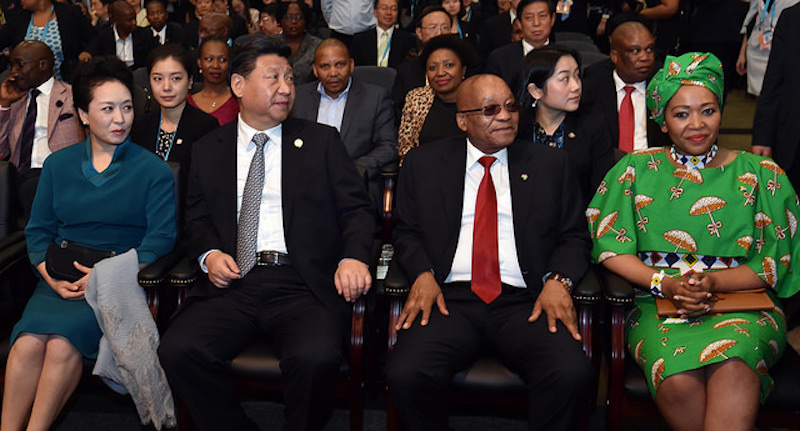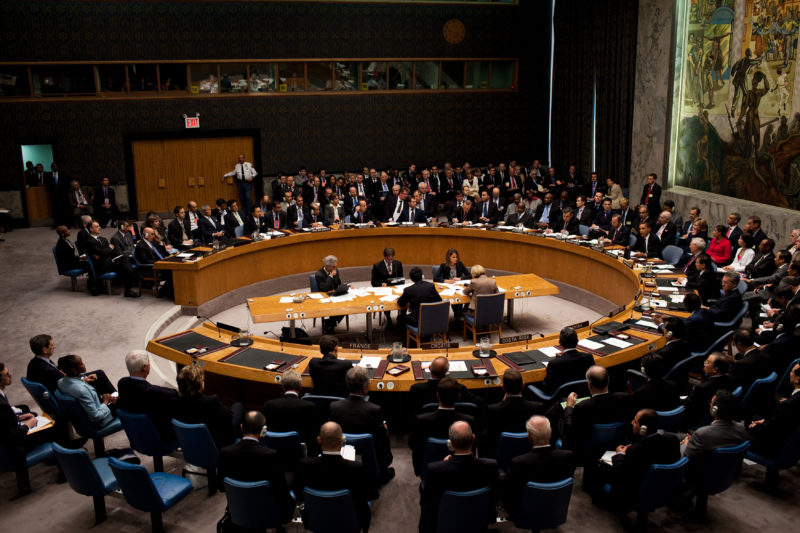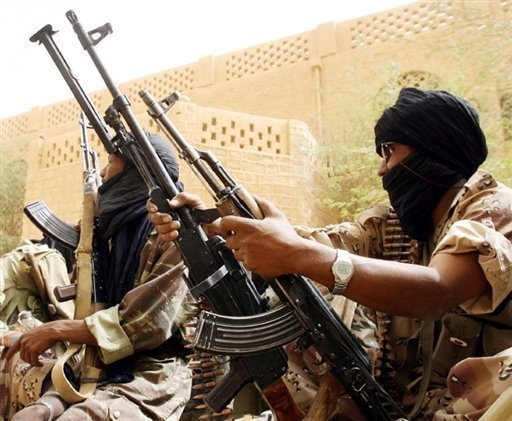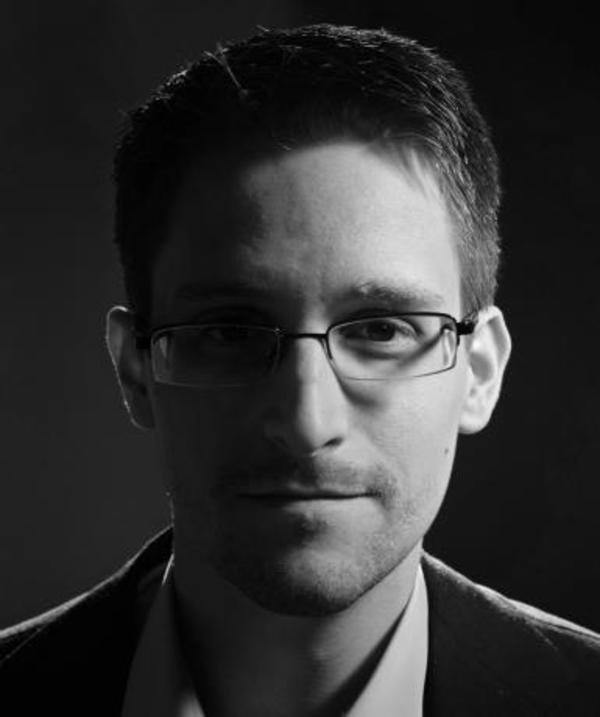In this week’s edition of the Editor’s Forum, the program editors at NAOC examine whether outside intervention in Sub-Saharan Africa – whether military, economic, or political – is of net benefit to the region or whether it holds it back.
Justin Dell, Program Editor: NATO Operations
For whose sake are we determining whether foreign intervention in sub-Saharan Africa is mostly a force for good or for ill? If we are considering the welfare of the globe as a whole, then intervention is unquestionably a source for good. This is true because, in the twenty-first century, any development of geopolitical significance that transpires in Africa will undoubtedly overflow the banks of that continent to affect the whole world. This makes it the object of urgent global governance.
If this prophecy sounds unduly alarmist, just recall the Ebola outbreak of 2014. The world community isolated that contagion to the African continent only with uncommonly swift action and the greatest difficulty. Surely, this will not be the last of such incidents.
Undergirding a whole series of problems in sub-Saharan Africa that threaten to cause global effects is the meteoric growth of Africa’s population. It surprises many to learn that the rest of the world’s population is starting to plateau – even decline, in some regions – whilst the population of the planet is still slated to grow by several billion more people by the end of the century. Africa accounts for most of this projected growth. The UN Population Division’s medium-variant population projections for Africa place the continent at over 4 billion people by century’s end. It is inconceivable that this will not spawn a host of crises, from water scarcity to mass migrations to mass starvation.
It is the responsibility of the global community to formulate some kind of strategy for curtailing overpopulation in Africa. Obviously, this means provisioning African women with education and the means of contraception. To this end, stakeholders like the Gates Foundation and the Pfizer Corporation have been invaluable. Unfortunately, this might not mitigate the problem enough, as much of Africa’s population growth is the product of durable cultural institutions that highly value large families. Contraceptive products will not solve the problem if there is no willingness to use them.
Therefore, there is no better means of ushering Africa into a phase of demographic transition than socio-economic development. This is markedly correlative with a change in culture and a decline in the birth rate. This means that strategies such as the German Marshal Fund for Africa represent the right track. The utility of the German plan is not found in ‘throwing money’ at the problem; aid packages have a history of being siphoned off by corrupt African regimes and oligarchs. Something more intrusive is called for, namely the introduction of normative reforms to African societies that give rise to democratic institutions and responsible governments, which in turn produce the predictability and stability that is conducive to foreign direct investment. Africa needs this investment if it hopes to obtain the kind of capital that will lead to the kind of economic expansion that benefits the common people, which in turn should mitigate the overpopulation problem.
Naturally, a bold global governance strategy like this is sure to spark concerns about “neo-colonialism”. Unfortunately, the acuteness of the threat of overpopulation in Africa will not permit the world to stand idly by out of deference to abstract historical sensibilities. The geometric growth of the sub-Saharan African population is ipso facto an argument for outside intervention, for this demographic explosion is the late dividend of the early European introduction of Cartesian medicine based on the Scientific Method during the Age of Empire, which dramatically cut the African mortality rate. It makes sense that a problem that is largely the making of the outside world should also be rectified by it.
Julia Schaumer, Program Editor: Women in Security
Since the 1960s, foreign aid contributions from the Global North to Sub-Saharan Africa have amounted to billions of dollars. The question of whether these large sums have succeeded in lowering poverty rates and spurring economic growth is another matter altogether.
I think there’s an argument to be made in saying that foreign aid has not only failed to live up to its expectations in terms of alleviating poverty, but it has also made things worse. According to a World Bank report, since 1990, the number of people living in poverty across the African continent has grown considerably, even with the continuous influx of money acquired by this region on a yearly basis. This incongruity brings to light systemic problems, such as the misappropriation of funds by government leaders.
As Dambisa Moyo highlights in her book, “Dead Aid”, foreign aid has not helped improve the situation in Africa because most of the funds have lined the pockets of African political leaders and have fueled corruption.
On top of this, it’s relevant to note that even if aid funding isgoing directly into grassroots projects, these are often only short-term band-aid solutions that but treat the symptoms of a deeper malaise: poor governance and inadequate economic infrastructure.
Thus, while there continues to be an unending stream of cash flowing into Africa, various governments there see this as merely a source of revenue rather than an incentive to stimulate economic growth and entrepreneurship. There is therefore a tendency to opportunistically accept these benefactions for personal use rather than invest them in the economic prosperity of the state.
Marian Corera, Program Editor: Security, Trade, and the Economy
Intrusion in the affairs of another country is always somewhat problematic. There is a fine line between the beneficial and the harmful, and the situation in Africa is no exception. The ethical question countries should be asking about their interests in Africa is how their investment will bring long term sustainability to the continent.
There are plenty of reasons for countries to get involved there. Neoliberal policies and the pursuit of ever-growing markets inexorably invite foreign direct investment. It is no secret that China is interested in tapping into the wealth of the continent. The Chinese government pledged $60 billion in financial support to Africa last month, with an emphasis on developing railroads and energy infrastructure. On the other hand, and the rise of ISIS coupled with failing governments might require more foreign counterterrorist commitment. To this end, countries such as the U.S., France, Italy, and Japan have military bases on the continent.
As long as investments are solely focused on exploiting natural resources and labour, security, or other narrow national self-interests, foreign intervention will largely be harmful. The challenge in this context is to identify how to convert these forces to benefit African nations. Foreign actors need to place greater emphasis on community-building projects, which empower the young and female demographic. Poverty and unemployment contribute the appeal of terrorism in the continent and to find a permanent solution to extremist groups in Africa, paying attention to building a sustainable, empowering economy would be important. At the same time, Africans must do their part. Much of the money that flows into their countries is misspent on frivolous projects or squandered by corrupt governments.
Ryan Atkinson, Program Editor: Cyber Security and Information Warfare
Africa will be an important locus of development and economic growth this century. The continent’s population is projected to double by 2050, presenting an important challenge for competing foreign interests, whose various investment schemes will vie for influence in this growing market.
China has invested $86 billion in commercial loans between 2000 and 2014, developing 3,000 large critical infrastructure projects. It announced in September 2018 that it will invest another $60 billion in Africa. However, these developments have been criticized for indebting African countries to China, raising questions about the repercussions Chinese influence will have on the continent in the long run.
India has also invested in Africa, recently signing agreements with Rwanda and Uganda on trade, agriculture, health, education, defense and energy. There are doubts that India will be competitive on the continent when compared to Chinese investments, and this raises the important question of whether competing investments will stoke rivalry between foreign investor states, potentially fracturing Africa’s development.
Russia has also increased its investment in Africa in recent years, with plans to build a logistics base in Eritrea that would provide it with access to the Red Sea. Additionally, the Russian private military firm, Wagner Group, has been active in the Central African Republic, along with other Russian military personnel and arms supplies. Three Russian journalists investigating the firm in the CAR were killed over the summer providing a morbid example of the importance the Kremlin is placing in its investments there.
Trade between the European Union and Africa currently stands at $300 billion with the EU pledging another $54 billion by 2020. The Marshall Plan with Africa has emphasized African ownership and cooperation between the EU and the African Union. Relations between the United States and Africa since 2000 has mainly consisted of the African Growth and Opportunity Act (AGOA), which has resulted in the creation of more than a million jobs, despite its focus on a small number of countries: South Africa, Lesotho, Kenya, Mauritius, and Ethiopia. US trade with Sub-Saharan Africa has decreased in recent years averaging $19 billion in the last five years.
With so many major powers influencing foreign investment in Africa, it becomes all the more important to avoid conflicts in foreign state investments that could generate further political tensions across the continent. The central focus must be for foreign investment to provide the opportunity for African countries to own, control, and guide the development of continental growth, which is mutually beneficial to foreign business interests in Africa.
The European Marshall Plan was crucial in rebuilding Europe following the extreme devastation caused by the Second World War. One criticism of the Plan is that it indirectly contributed to the build-up of East and West divisions in Europe that would amplify with the Cold War. Similarly, contention between foreign powers competing over investment in Africa could fracture development. An important question is how different foreign investment plans diverge from one another and what contention this creates.
In an increasingly multipolar world with more states investing in African countries, competition over influence must be avoided in place of helping support Africa control its own wealth, development, and ownership.
Image: Chinese President Xi Jinping and South African President Jacob Zuma attend the Forum on China-Africa Cooperation in 2015, Johannesburg by GovernmentZA via Flickr CC BY-ND 2.0.
Disclaimer: Any views or opinions expressed in articles are solely those of the authors and do not necessarily represent the views of the NATO Association of Canada.




